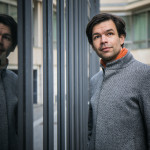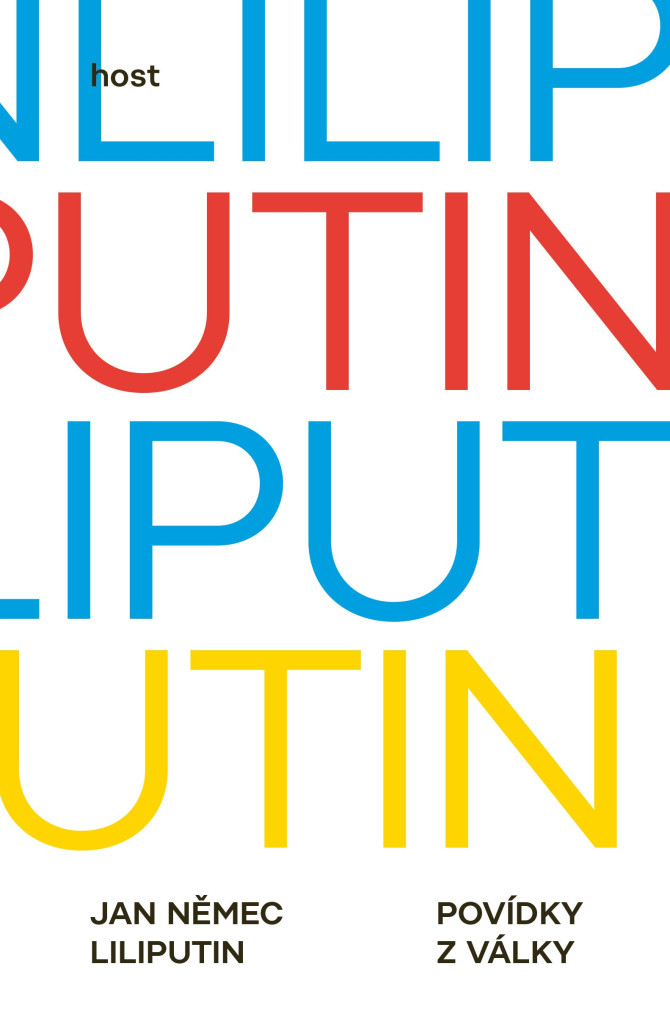A prompt and powerful literary response to the war in Ukraine by the award-winning Czech writer
Literary fiction, Short stories
A Czech in Ukraine in search of his alter ego. A gang of homeless kids driven from a cellar by tenants using it as a shelter from the war. A German couple who “rented a womb” in Ukraine, whose child is now stuck in Kyiv. A teenager partnered with a Valkyrie for the distribution of lavash in besieged Mariupol, who delays his flight until it is too late. A Russian academic mounting a protest in the centre of Moscow, in a costume from Swan Lake. They may not be soldiers at the front, but for the characters in these stories, life will never again be as it was before the war. Jan Němec has produced a work that could hardly be more different from Ways of Writing about Love (2019), his previous fiction. One thing hasn’t changed, though: he is writing not about “themes” but about what really matters in life. “The war fuelled me with an anger I needed to write about. I wanted to know what fiction can do right now – without the benefit of hindsight, without separation by several hundred kilometres. I wrote five stories – two of the west, two Ukrainian, one Russian – as someone might light one cigarette after another. They all talk about war, but it’s not always clear who the enemy is,” says the writer.

Jan Němec (1981) is a novelist, journalist and screenwriter. He studied sociology, religious studies and theatre dramaturgy. He has worked with the magazine Respekt and the Czech Radio. He is the managing editor at the monthly literary magazine Host and lectures at the Janáček Academy of Music and Performing Arts in Brno. He has published a collection of poetry, První život (The First Life, 2007), a book of short stories, Hra pro čtyři ruce (A Game for Four Hands, 2009), and the novel Dějiny světla (A History of Light, 2013), which was awarded the EU Prize for Literature, has been translated into twelve languages, including English, Spanish and German. In 2019, he published his second novel, Možnosti milostného románu (Ways of Writing about Love).
